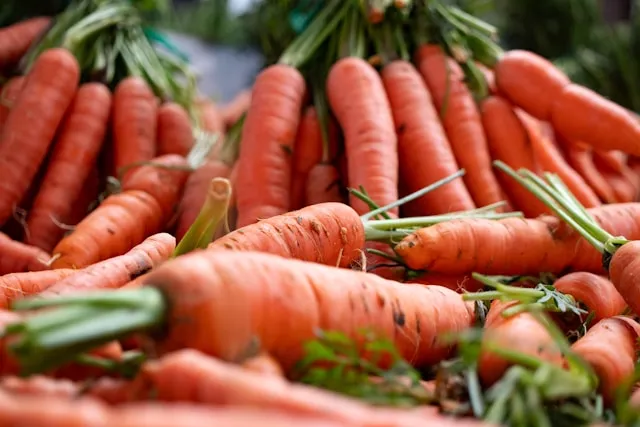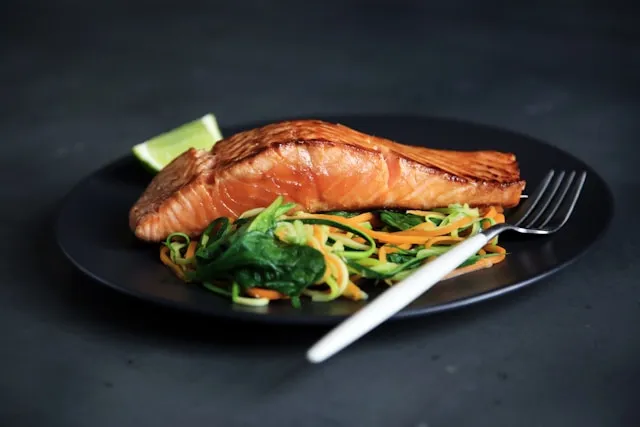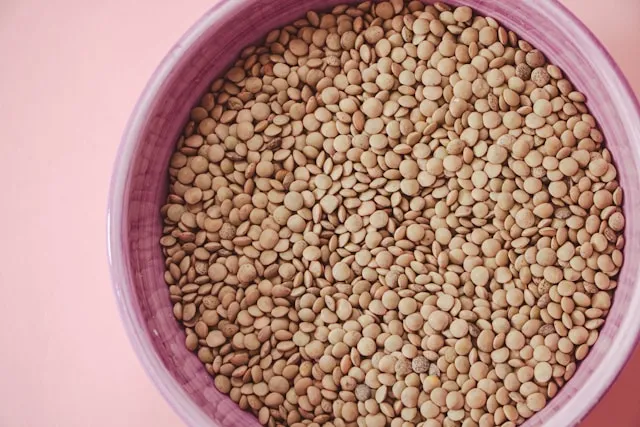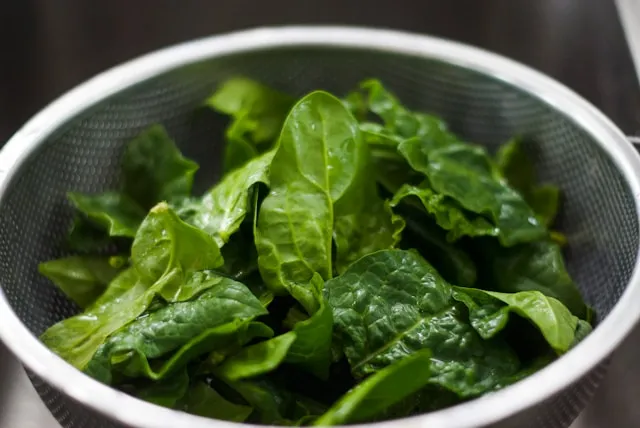Vitamin content in food products
Vitamin content in food products

Vitamin A
Including a variety of these vitamin A-rich foods in your diet can help ensure you meet your daily vitamin A requirements for optimal health and well-being. Consuming a balanced and diverse diet that includes a range of colorful fruits, vegetables, and animal products can help you obtain an adequate amount of vitamin A in its various forms.
Thiamine, also known as vitamin B1
Incorporating these vitamin B1-rich foods into your diet can help ensure you obtain an adequate amount of thiamine to support energy metabolism and overall health. Consuming a balanced and varied diet that includes a combination of animal and plant-based sources of thiamine can help you meet your daily vitamin B1 requirements.


Vitamin B2
Incorporating these vitamin B2-rich foods into your diet can help ensure you obtain an adequate amount of riboflavin to support energy production and overall health. Consuming a balanced diet that includes a variety of foods rich in riboflavin can help you meet your daily vitamin B2 requirements.
Vitamin B3
Incorporating these niacin-rich foods into your diet can help ensure you obtain an adequate amount of vitamin B3 to support energy metabolism and overall health. Consuming a balanced diet that includes a variety of foods rich in niacin can help you meet your daily niacin requirements.


Vitamin B5
Incorporating these vitamin B5-rich foods into your diet can help ensure you obtain an adequate amount of pantothenic acid to support energy metabolism and overall health. Consuming a balanced diet that includes a variety of foods rich in vitamin B5 can help you meet your daily requirements for this important nutrient.
Vitamin B6
Incorporating these vitamin B6-rich foods into your diet can help ensure you obtain an adequate amount of pyridoxine to support various bodily functions. Consuming a balanced diet that includes a variety of foods rich in vitamin B6 can help you meet your daily requirements for this important nutrient.


Vitamin B7
Incorporating these biotin-rich foods into your diet can help ensure you obtain an adequate amount of this important nutrient to support various bodily functions, especially related to metabolism and the health of your skin, hair, and nails.
Vitamin B9
ncorporating these folate-rich foods into your diet can help ensure you obtain an adequate amount of this important nutrient to support overall health, especially during periods of growth and development. Consuming a balanced diet that includes a variety of foods rich in folate can help you meet your daily requirements for this essential vitamin.


Vitamin B12
Incorporating these vitamin B12-rich foods into your diet is crucial for meeting your body’s needs for this essential vitamin, particularly for vegetarians, vegans, and older adults who may have difficulty absorbing vitamin B12. It’s important to obtain an adequate amount of vitamin B12 to support overall health and prevent deficiencies that can lead to neurological problems and anemia.
Vitamin C
Incorporating these vitamin C-rich foods into your diet can help ensure you obtain an adequate amount of this important nutrient to support overall health, particularly supporting the immune system and promoting collagen formation. Consuming a balanced diet that includes a variety of foods rich in vitamin C can help you meet your daily requirements for this essential vitamin.


Vitamin D
It’s important to note that vitamin D content can vary based on factors such as the type of fish, the amount of fat in the product, and whether the food has undergone fortification. Additionally, exposure to sunlight remains a primary source of vitamin D for most people. While these food sources can contribute to vitamin D intake, it’s important to consult with a healthcare professional to determine the best approach to maintaining optimal levels of this essential vitamin.
Vitamin E
It’s important to note that the recommended daily allowance for vitamin E varies based on age, sex, and specific health conditions. Consuming a balanced diet rich in a variety of foods, including those mentioned above, can help ensure an adequate intake of vitamin E to support overall health and well-being.


Vitamin K
It’s essential to consume an adequate amount of vitamin K through dietary sources to support optimal blood clotting and bone health. The recommended dietary intake of vitamin K varies by age and gender. Including a variety of vitamin K-rich foods in your diet can help ensure you meet your body’s requirements for this important nutrient.
Check out other information about vitamins:

